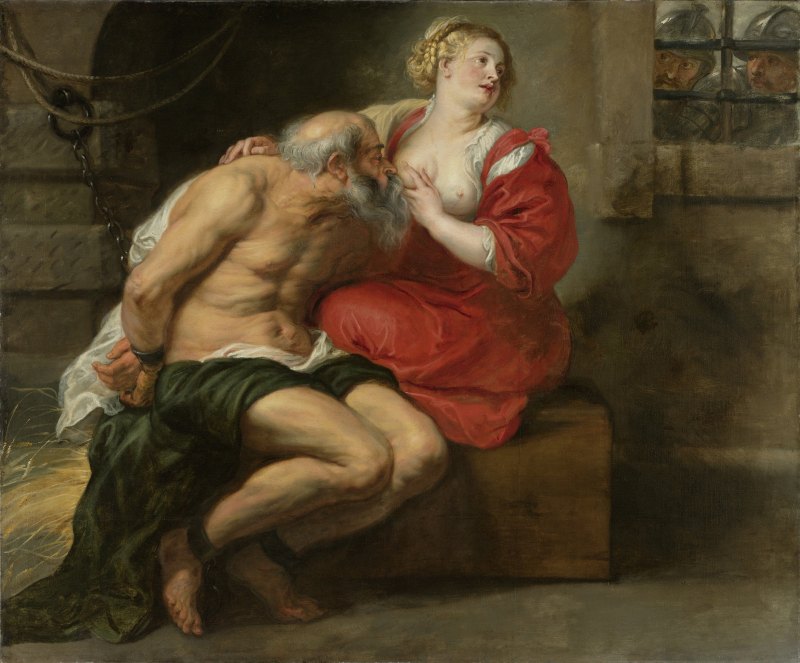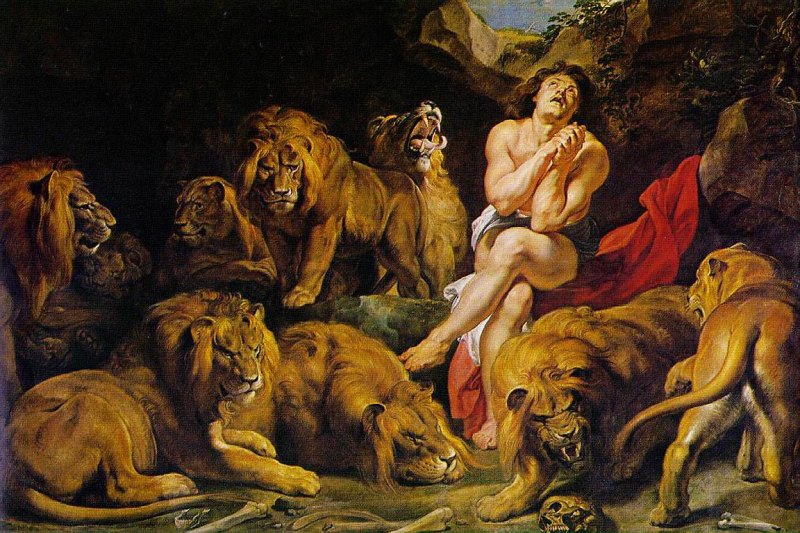![]()
The Charlotte News
Saturday, November 9, 1946
THREE EDITORIALS
![]()
![]()
Site Ed. Note: The front page reports that the White House had confirmed that all remaining price controls, except for rent, syrups, and sugar, would be ended, with the announcement to be formalized by the President the following week.
The President was scheduled to speak at 10:00 a.m. Monday, focusing on policy in light of the election.
Supporters of Representative Charles Halleck of Indiana contended that he would be selected as the new Republican Majority Leader in the House. His opponent was Clarence Brown of Ohio, considered, if made Leader, to give Ohio an inordinate amount of power in the Congress, because of the leadership role of Senator Robert Taft in the other chamber.
The U.N. voted to open consideration of all parts of the United States as a permanent site for the organization. The U.S. had opposed the proposal, wanting it to be limited to New York, Westchester County, and San Francisco. The proposal passed 33 to 2. A proposal by the Ukraine that Europe also be considered was withdrawn.
Senator Arthur Vandenberg of Michigan told the Assembly that the new Republican Congress would not seek to alter U.S. foreign policy with respect to the U.N. quest for peace.
In Budapest, the People's Court stated that during the year, 92 persons had been executed for war crimes, 200 sentenced to death, and 3,400 remaining to be tried.
The State of Georgia charged the Ku Klux Klan with attempting a 1940 merger with the German-American Bund and with continuing to combine nationalist groups. The State was also seeking to revoke the charter of the Klan, along with that of another racist, anti-Semitic organization, the Columbians, Inc., for going beyond the charters' provisions. The petition charged that the Klan leaders worked with August Klapprott, the deputy national fuehrer of the Bund, to set up a joint meeting on August 19, 1940 at Camp Nordland, in Andover, N.J.
In Duarte, California, a man who had led a successful drive to widen a local street had been killed during the week as he crossed the widened street. He had just been before the County Board of Supervisors to seek signals at the same intersection where he was killed.
North Carolina Democratic Congresswoman Jane Pratt, the state's only woman in Congress, stated in Charlotte that she did not think the new Republican Congress would change the Roosevelt social legislation but would alter labor legislation. She had not sought re-election.
Pete McKnight reports that a State Representative from Mecklenburg County asserted that without raising taxes, salary increases for teachers and other state employees could not exceed twenty percent. Already 75 percent of the tax dollar was going to education, most of which went to teachers' salaries.
He also separately reports of a plan for expanded off-street parking in the downtown area of Charlotte.
The National Grandmothers Club was seeking to have Congress declare a Grandmothers Day.
In Washington, a fraternity at a local high school had declared "Hate Women Week", refusing to shave and date or even talk to girls, to which the girls had retaliated by wearing male nightshirts in bright colors over their usual clothes. The principal viewed the girls' appearance as being "like so many unmade beds," threatened to send them to bed in the infirmary if they did not remove the nightshirts. Then the boys wore nightgowns and pajamas in retaliation for the principal's threat. She relented when the boys promised to wear suits and neckties the following Thursday.
She was going to be plenty surprised when she realized that they would not be wearing any shoes or socks
A photograph shows the Airphibian
You know who to thank now for all those many years of service and enjoyment which your Airphibian has brought you. Sure, the skies became somewhat overburdened with them by 1955, after the 50 millionth Airphibian was sold, until one fell out of the sky somewhere over the country at the rate of almost one per minute, often killing many on the ground in addition to the occupants of the plane-auto. And of course, some of them took off on unscheduled flights while going down the highway, causing more carnage. Some insistent pessimists even said it was a "coffin on wheels". But without them, where would you be? You can get to work or play much faster than ever before, provided you get there in fewer than two pieces.
On the editorial page, "Whipping Boy for the GOP?" comments on the prediction of Georgia Governor Ellis Arnall that the Republican victory would make a whipping boy of the South, leading to enactment of an anti-lynching law and making FEPC permanent. He sounded, despite his progressive credentials, as a states' rightist. But he had been a states' rightist all along, it contends, as well as a supporter of free enterprise, as he demonstrated in his new book, The Shore Dimly Seen.
It was likely that Governor Arnall was correct, that the South had ceased to be an important political facton for a Republican majority—although ignoring its value in overriding vetoes. The Republicans, it says, had no vested interest in avoiding FEPC or the anti-lynching law and therefore would, without loss of political capital, be able to give them full support.
The irony was that the South would likely do worse under a conservative majority than under the New Deal. It questions therefore what Southern Solidarity had gained for the region except trouble
"It Can Still Happen Here" examines the racist Columbians, Inc., a Klan-like organization out of Atlanta, standing for white supremacy and Christian supremacy sustained by force. They surrounded themselves with the trappings of Nazism, wearing emblems reminiscent of the Nazi swastika. They recently had awarded an honor to a 17-year old boy for inciting a riot in a black section of Atlanta.
Both the Atlanta Journal and Constitution were actively inveighing against the Columbians, and appeared to be succeeding in holding membership down, as only 200 had joined the outfit. Yet there was concern because the Columbians, unlike the Klan, did not attract the white trash element, but had been attracting clean-cut kids, 4-H members and the like, to their membership. They appeared in pictures much as the Nazi Youth had in Germany in the thirties.
The organization, it suggests, showed that it could still happen in the United States.
"Cruelty to Carnivora" examines the defense by the Greensboro Daily News of North Carolina hams when compared to Maryland or Virginia hams. The Baltimore Sun had found the former superior to the latter, and the Daily News had thus, by simple syllogism, deduced that North Carolina hams were superior to both.
A right-hand ham
Eastern North Carolina hams, according to the Daily News, needed to come from peanut-fed pigs and the secret was in the curing. The comparison between the Iowa and North Carolina ham was as highway advertising art to a Rubens
But, it concludes, the problem was that North Carolina ham was presently nowhere to be found, while there was plenty of Iowa ham, and so such comparisons ought be banned by law.
A piece by Tom Bost from the Greensboro Daily News, titled "Bid for the Bibulous Vote?" wonders whether Minnesota Representative Harold Knutson, on record as a wet, would, as new chairman of the House Ways and Means Committee, make an appeal for the wet vote as had President Roosevelt, by lowering taxes on liquor as he had promised. Taxes were a large part of the price of liquor.
Drew Pearson looks at the new Republican Senate and its new members. He says that it would be more conservative, anti-labor, and would be more progressive on race than desired by Southern Democrats.
He provides brief synopses of some of the new Senators: Ralph Flanders of Vermont; Edward Martin of Pennsylvania; Henry Cabot Lodge
Of the group, the most notable was Senator Lodge, who would be defeated in 1952
For whatever reason, possibly the piece simply having been truncated, the list leaves out Joseph McCarthy, having been elected in Wisconsin, in time, to become a formidable member of the new 1947 freshman class of Senators, albeit ultimately a very negative force in the country. Mr. Pearson had made brief mention of Mr. McCarthy on August 22, and he had been a focal point for a pair of columns by Marquis Childs. He was thought at the time, in 1946, to be pro-labor and a moderate Republican leaning toward being a liberal on some issues.
Marquis Childs looks again at the election and its impact on the Democrats and labor. The Democrats, he says, had grown old and tired in office, with little new blood coming into the party. The aging members had been protective of their rights of seniority. He cites Massachusetts as an example, where Senator David Walsh, defeated by former Senator Lodge, had long ceased to stand for anything, had become a "grumpy Republicrat". The phrase which the Republicans used in the campaign, "Had enough?" had originated in Massachusetts.
The fact that Kentucky Congressman Andrew May, under investigation for his role in influencing the Garsson brothers munitions contracts, had been embraced by the party, all for naught, as he went down to defeat, was emblematic of the problem which the Democrats had in the election.
Lack of party discipline, not entirely the fault of DNC chairman Robert Hannegan, was the primary problem. Mr. Hannegan, however, would likely resign soon.
The rank-and-file labor vote on which the Democrats had relied was not a factor in the election. Either they did not vote in the numbers hoped or they did not vote for the selections made by their bosses.
Labor restrictive legislation seemed now a certainty for the 80th Congress as, with the inclusion of the Southern Democrats, there were more than enough votes in both chambers to override a veto by the President. All government controls were also doomed. It was probably too late for organized labor to moderate its stand and head off the stampede.
The labor bosses might kick back in defiance, but the effort would ring hollow. The rank-and-file had stayed at home when it counted and now would have to face the consequences.
Samuel Grafton also looks at the election and asks who the Republicans actually beat, finds that they had won against a "pick-up team
The election, he says, was not a landslide in the conventional sense as was 1936 for the Democrats, or 1920 for the Republicans. The figures were the best the Republicans could do with everything stacked in their favor against a disorganized party. That the President had survived as well as he had was meaningful. At an earlier time in the country's history, the Republicans would have "shot the moon"
He thinks that thoughtful conservatives should be raising two cheers, not three, and should thus consider whether to make defiant use
A letter finds the planned economy tantamount to Russia, favors an unplanned economy, disagrees with the editorial of Monday supporting as fair the Wagner-Ellender-Taft bill, finding the bill contrary to free enterprise.
The editors respond that they had read the bill, disagree with the author, and, while not perfect as a means to stimulate housing, it would enable the program to fare better than under the pressures of the free market as a guide.
They then present excerpts from an address by Senator Robert Taft, co-sponsor of the bill and supporter of free enterprise
![]()


![]()
![]()
![]()